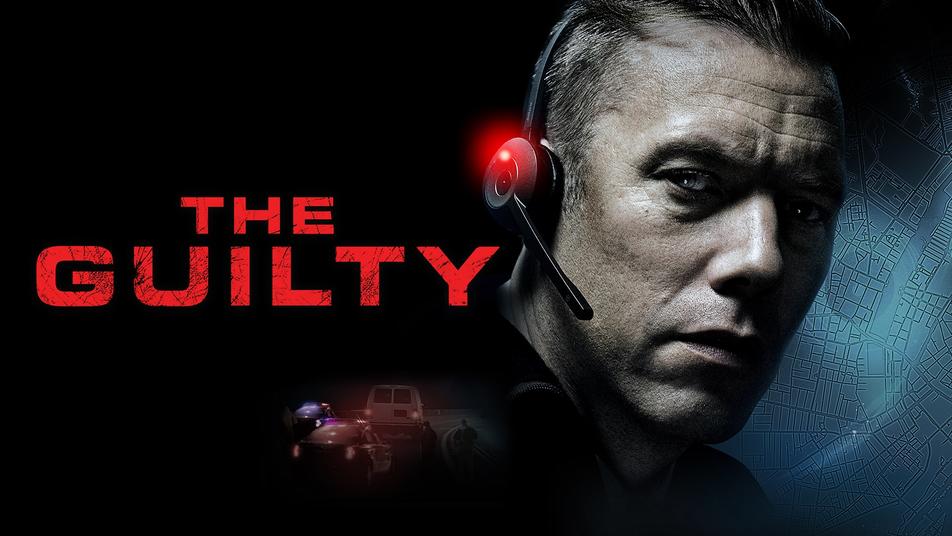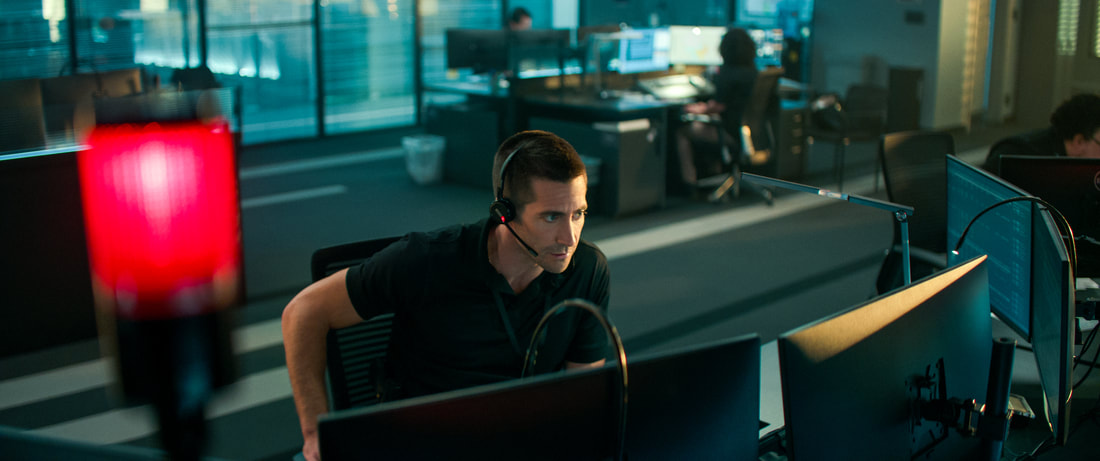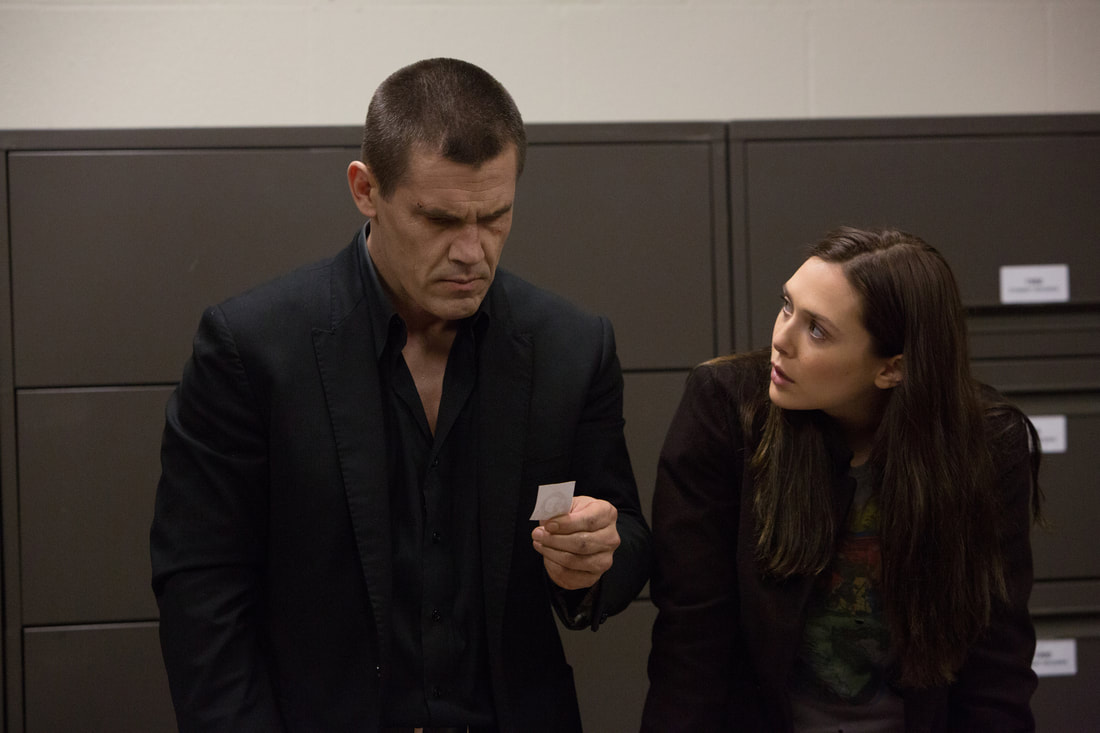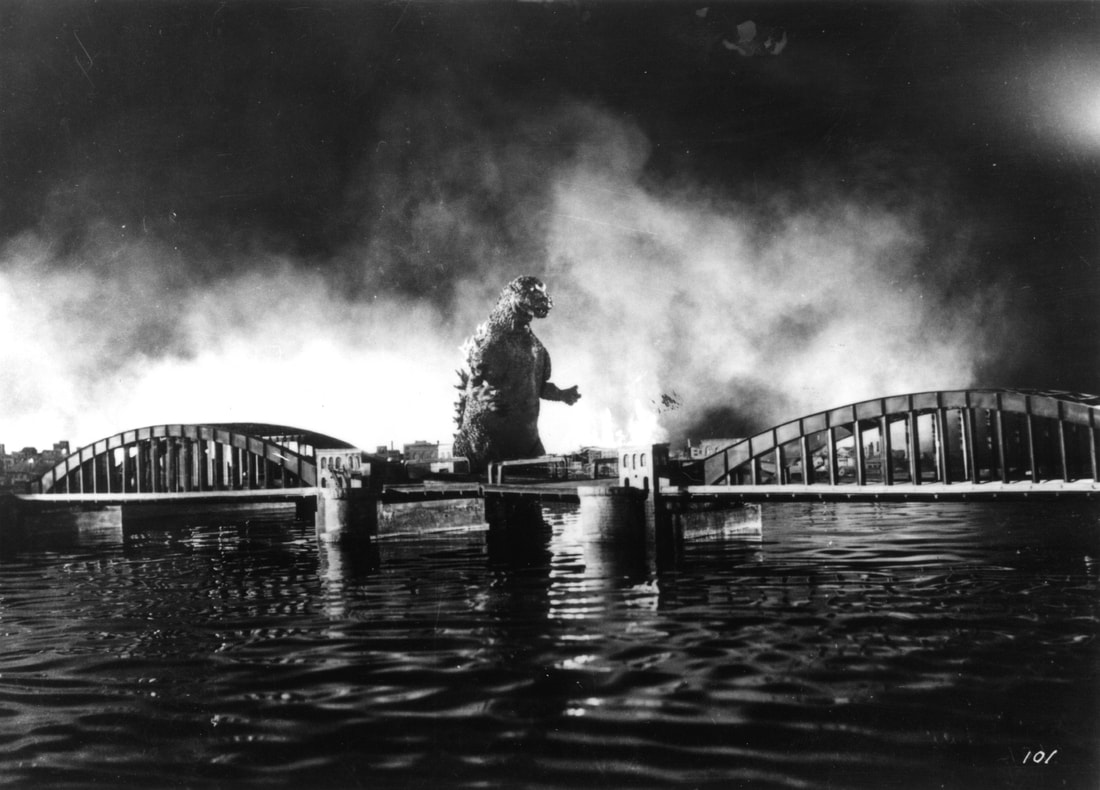by Reed Milliken
The following article includes spoilers for The Guilty (2018) and The Guilty (2021). Viewer discretion is advised.
So, you may ask yourself, if this movie is so good, why would it need to be remade? In this situation, where the remake involves taking a foreign film and remaking it in English for an American audience, the answer is simple. People don’t want to read subtitles. Joon Ho acknowledges this and even goes as far as to mention it in his acceptance speech for Best Picture at the 2020 Oscars, “Once you overcome the-one-inch barrier of subtitles, you will be introduced to so many more amazing films.” (Joon-Ho, 2020). From a personal perspective, this is very true. Movies such as House (1977), Train to Busan (2016), and The Guilty (2018) are all amazing films that I wouldn’t have watched if I was afraid to read subtitles. A film being made in a foreign language isn’t always the reason for remaking a movie, but it is one of the most popular. A prime example of this involves the two films I want to discuss today, The Guilty (2018) and The Guilty (2021).
The Guilty (2018) was produced in Denmark and was therefore released in Danish. This version of the film has been very well received by audiences and critics alike; mostly due to its style of storytelling is. As mentioned before, The Guilty (2018) follows an emergency dispatch operator named Asger Holm as he tries to help a woman who has been kidnapped. However, the camera never leaves Holm’s perspective, and every aspect of the kidnapping story is heard over the phone. By keeping the story within the operator's room, we're forced to picture the rest of the story in our heads. This made for an entirely new film-watching experience, almost combining the charm of reading a book with the luxury of watching a film.
My main reason for not making a mountain out of a molehill is that this isn’t the first time a meaningful name has been stripped of significance in favor of the name Joe in an American remake. Oldboy (2013) is a Spike Lee directed remake of the Korean mystery thriller Oldboy (2003), directed by Park Chan-Wook. In the original, the main character’s name is Dae-su, which means “to get through one day at a time”. Oldboy (2003) follows Dae-su as he is imprisoned for fifteen years, leading his name to signify the long, slow-paced life that he lives. Changing foreign names to a more common American one in this context is a no-brainer, but it’s unfortunate to see the new name choices become stripped of meaning when the originals held such significance.
A common trend I noticed while perusing reviews for The Guilty (2021) is that those who hadn’t seen the original enjoyed the remake much more, those who had seen the original enjoyed it much less, and vice versa. What this means is that remaking a movie can damage the original work it was based on. The common intent while remaking a movie is for the story of the original to be more easily viewable by a wider audience. Instead, remakes are damaging the original films by making them less enjoyable for those who watched the remake. If remakes accomplished what they set out to do, then that would be a different story.
The length in time between the release of the original and when the remake gets greenlit is another large issue with remaking a movie. There were only three years between the release of The Guilty (2018) and The Guilty (2021). If a remake is made long enough after the original that modern-day technology can make a significant difference in the look and feel, then remaking the movie feels more worthwhile. Godzilla (2014) was released 60 years after its predecessor, Godzilla (1954) In the time between the two movies, there were vast improvements to almost every aspect of filmmaking. Godzilla (1954) brought the Kaiju to life through clever puppetry and suits shot on film, whereas Godzilla (2014) utilized CGI and VFX and was shot on digital. When you boil it down, both movies are the same when it comes to story, but due to these improvements, the look, style, and feel of the movies are vastly different. With only three years between the two versions of The Guilty, there was nothing new to bring to the table from a production standpoint.








 RSS Feed
RSS Feed
